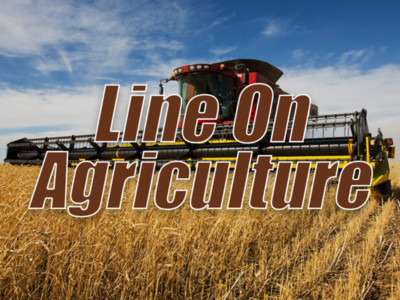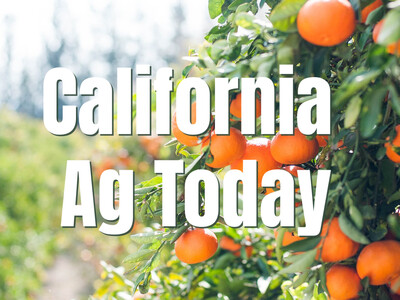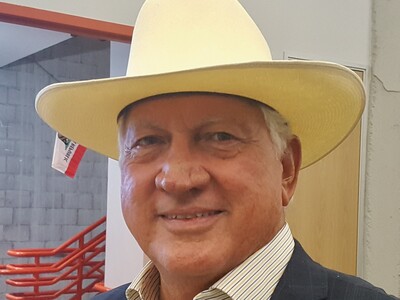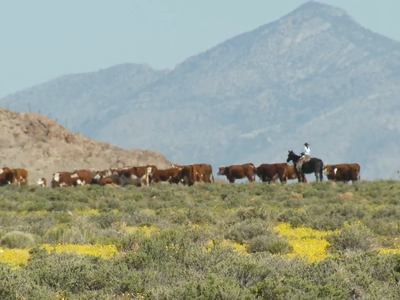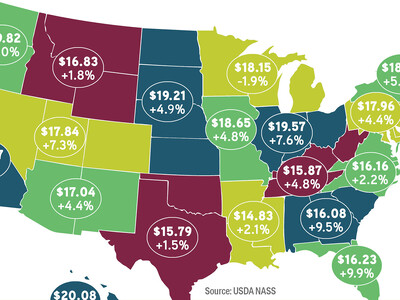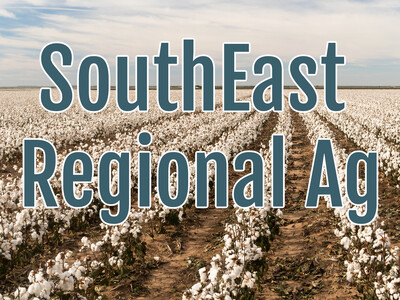Competition for Potato Acres
Competition for Potato Acres. I'm Greg Martin with today's Line On Agriculture.
In a time of volatile markets farmers are often tempted to get into other crops especially when prices for crops like wheat take off. But according to Dr. Joe Guenthner, a Professor of Agricultural Economics at the University of Idaho says that resources flow towards profits.
GUENTHNER: When people see there is a lot of money in producing hops, cattle, potatoes, wheat, different commodities they want to get into it so they follow with their money, their expertise, their equipment and resources flow towards profits. People saw profits in potatoes; they also saw it in grains so where is that money flowing? Where are those acres going to planted is the question.
In a recent survey of Idaho potato growers the question was asked, "How do you decide how many acres of potatoes to plan?"
GUENTHNER: The number one answer was crop rotation. I like to stick to a rotation so I'm not going to plant potatoes every year. I'm going to do a rotation that maybe my buyer suggests or insists on or something I've been doing in our operation for a long time. But other factors that came out that were important were the potato price. When? Well for the previous crop. Market outlook. What people are saying about marketing opportunities in meetings such as this. Contract price and availability. And if the contract price is decent or maybe if it goes up, they get optimistic. So it's the open market price as well as the contract price. Even for those that are not contract growers they hear, "Hey that contract price went up half a buck or a buck. I think prices on the open market are going up too, I'm going to plant more potatoes."
Guenthner says that regions have some bearing on the competition. Length of growing season and what alternative crops can be planted are the main reasons.
GUENTHNER: Those that have the opportunity to grow many different crops are more likely to get in and out of potatoes or shift their potato acres depending on price. The second factor is potato acres the previous year. And that has to do with something economists call asset-fixity. If you are in the dairy industry you like have an expensive milking shed. Equipment that's good for dairy production but if you get out of the dairy industry what are you going to do with it?
Guenthner spoke at the first Annual Potato Expo held in San Antonio, Texas.
That's today's Line On Agriculture. I'm Greg Martin on the Northwest Ag Information Network.






